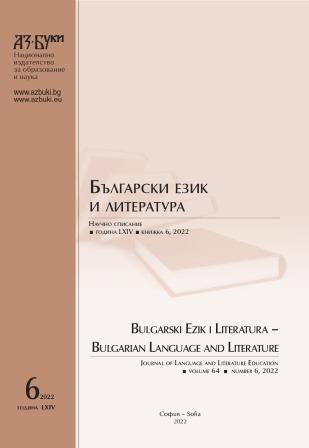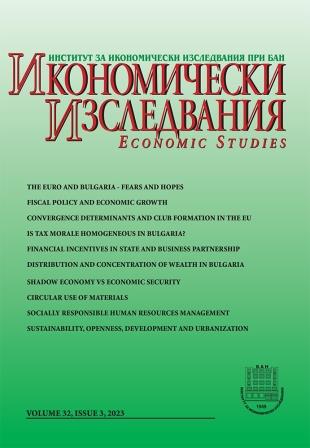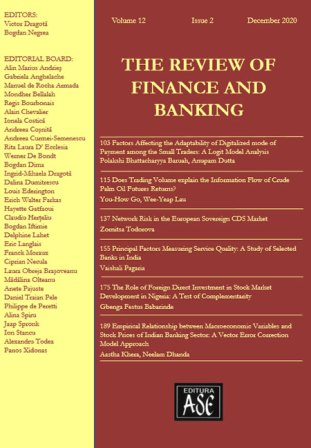ADDITIONAL TREATMENTS IN DAYCARE CENTER FOR CHILDREN WITH DOWN SYNDROME IN NORTH MACEDONIA
Author(s): Teuta RAMADANI RASIMI,Arita AGAI,Pranvera ISENI / Language(s): English
/ Issue: 5-6/2022
Keywords: daycare centers; gross motor skills; Down syndrome
It is well established that additional treatments of children and youngsters with Down syndrome improves their motoric skills, however they are often neglected from thesel treatments in Republic of North Macedonia, and the only support that they receive are in the main institutions. A comparative study of gross motoric skills, fine motoric skills and general praxis was carried out on a sample (N = 16) children with Down Syndrome, both sexes, school age (4-14 years old) from special school in Tetovo, eight of them who visit also a daycare center. The main criterion variable are the motor skills of the children evaluated with a screening motoric test, whilst the predictor variables are visiting the daycare center, gender and age. Analysis of the Mann Whitney test for independent samples have shown a difference in favor of subjects that do not visit the daycare center only for the general praxis, especially for melocintetic skills, which indicates that the occupational treatment that they receive from the daycare do not make any difference in their alternative and mimic skills, however there is no statistical difference in gross motoric and fine motoric skills. The second variable, age have shown a difference in some segment of gross motor skills, motor coordination at rest in favor of younger group, aged 4-10, which can be as a consequence of early intervention. The gender performed a significant difference in the field of gross motor skills in favor of females, especially for tasks regarding stability where females outperformed males. Even though results showed that an additional treatment for these children with Down syndrome didn’t made a difference in their motoric skills performance, the significant difference in motoric skill performance among younger and elder group in favor of younger, clarifies the need of additional treatments as early as possible, with a specific attention to developing motoric skills in males.
More...




